Armistice Day: Lest The World Forgets
Every year in November, the world observes the wars that scarred the 20th century, and the brave men and women who fought them.
At 11 o’clock on Monday, November. 11, 1918, after a long and bitter four year war, troops all around the world finally laid down their arms and gave peace a chance.
It was the day that ended the First World War – “the war to end all wars” (it was hoped), and in due commemoration became known as Armistice Day.
32 nations had been swept into the Great War a century ago, including the United States of America. The war that waged on for 1564 days, took the lives of an estimated 18 million people, injured 23 million, and caused 6 million to be unaccounted for; presumed to have perished.
Viewed as a relative late-comer, the US tried by all accounts to remain neutral during the conflict that mainly took place across the Atlantic. Bellicose German submarines, however, continued to destroy international ocean liners, including the RMS Lusitania, a British flagship carrying 1959 passengers. 1198 of those passengers aboard drowned, including 128 Americans.
Adamant, the 28th U.S. president at the time, Woodrow Wilson, a strong advocate for democracy and world peace, was forced to act.
“The world must be made safe for democracy,” he argued in front of Congress, on April. 2, 1917, hoping to convince the delegation of representatives to declare war on Germany and its allies. His astounding speech roused Congress to deliver a resounding yes vote. On 6. April, 1917, under the command of General John J. Pershing, the U.S. joined its allies—Britain, France, and Russia.
Before assuming the highest public office and winning the White House in 1912, Woodrow had once been a college professor, University president, and Democratic governor of New Jersey, and would go down in history as one of the nation’s greatest presidents.

On November. 11, 1919, exactly one year after the guns fell silent, President Wilson, proclaimed the day as the first commemoration of Armistice Day with the following words:
“To us in America, the reflections of Armistice Day will be filled with solemn pride in the heroism of those who died in the country’s service and with gratitude for the victory, both because of the thing from which it has freed us and because of the opportunity it has given America to show her sympathy with peace and justice in the councils of the nations…”
But twenty-one years on, the world had still not learned its lesson. Teetering once again on the precipice of war, triggered by the same belligerent agitators, it failed to pull back in time. This time the six-year war would claim an estimated 50-80 million lives, on account of direct conflict, grievous war crimes, and genocide, in addition to war-induced famine and disease.
When hostilities finally ceased, after the surrender of Japan in 1945, the world came together once more to heal and swear an oath to never again pick up arms against one another.
Although Armistice day was primarily a day set aside to honor veterans of the Great War, in 1954, the 83rd US Congress renamed it Veteran’s Day, in an effort to include those that fell during World War II, and the newly ended Korean War.
And so it came to be that a number of memorials evolved out of Armistice Day, most notably Veteran’s Day when the United States honors the men and women of its nation’s armed forces. (Not to be confused with Memorial Day, celebrated on the last Monday of May, and pays tribute specifically to the men and women who relinquished their lives.) Similarly, Remembrance Day, is observed in the Commonwealth nations, including Canada and the UK, in honor of all that had fallen.
For those fortunate enough to have never been engaged in war, especially, the up-close and personal kind fought in the death-trap trenches of World War I, visualizing its true horrors is unfathomable.
Wilfred Owen’s poem, “Dulce et Decorum Est” (It is sweet and right), perhaps best depicts the abhorrence of war, witnessed by young, callow soldiers:
“… Gas, gas! Quick lads! – An ecstasy of fumbling,
Fitting the clumsy helmets just in time;
But someone still was yelling and stumbling,
And floundering, like a man in fire or lime …”
Not having quite experienced front-line combat yet, one British soldier, Rupert Brooke, wrote the idealistic sonnet “The Soldier” about the war:
“If I should die, think only this of me:
That there’s some corner of a foreign field
That is forever England.
In that rich earth a richer dust concealed;
A dust whom England bore, shaped, made aware,
Gave, once, her flowers to love, her ways to roam,
A body of England’s breathing English air,
Washed by the rivers, blest by suns of home.”
After losing a friend in Ypres, Belgium, Canadian doctor, Lieutenant Colonel John McCrae became inspired by the sight of poppies blossoming on the battle-scarred fields, after the war had ended. He penned the now famous poem, “In Flanders Fields,” turning the poppy into a symbol of remembrance, worn heedfully by Britons to this day.



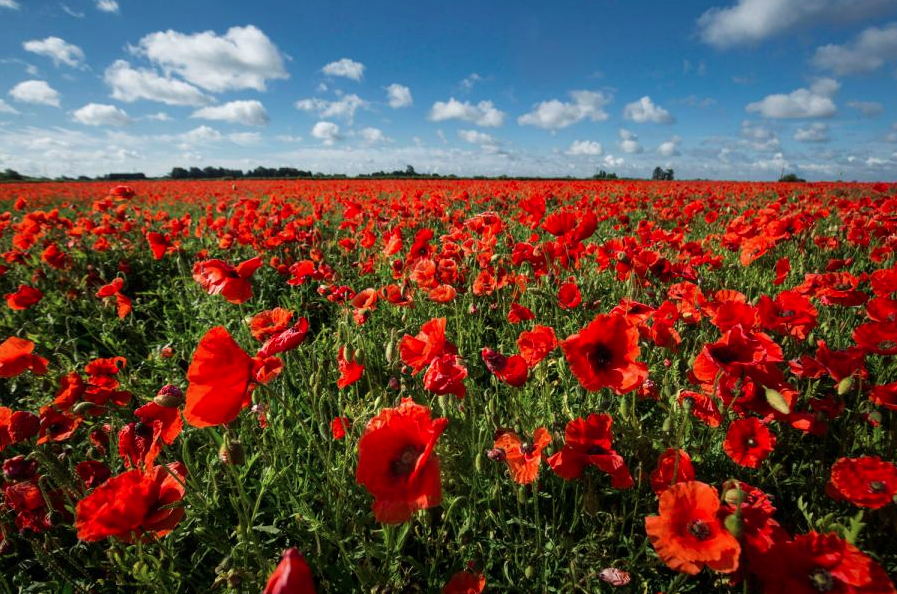

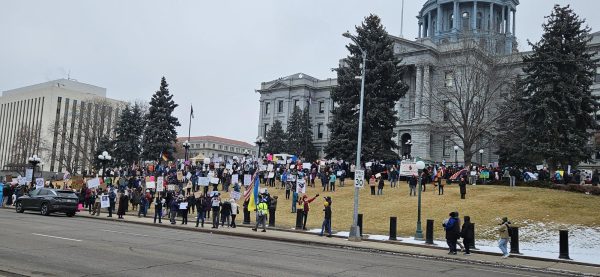

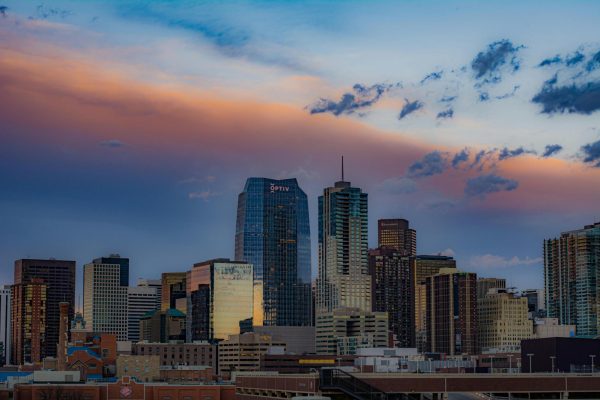

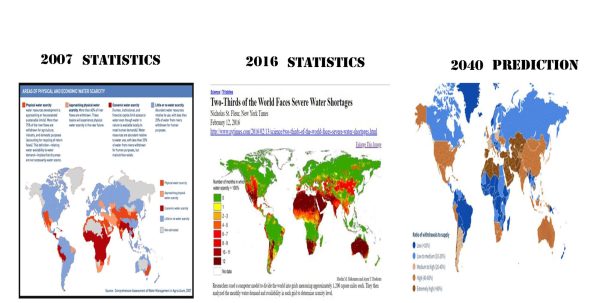
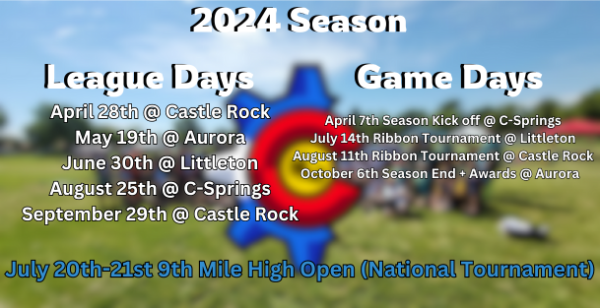
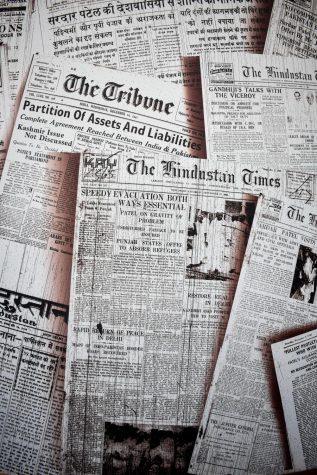
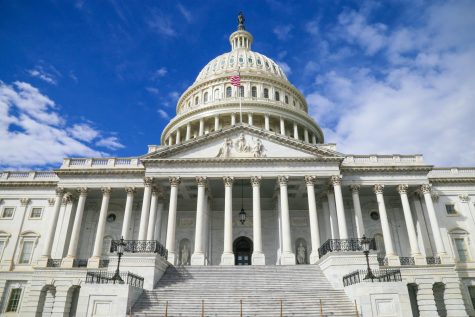

Rashid Mohamed • Nov 15, 2017 at 6:26 pm
Yes, it is sad that so many had to give their lives for a war so few really understood. I also served in the army–the Austrian army, but I never saw real combat, thankfully.
Thanks for your comment, John.
Rashid
John Raynor • Nov 14, 2017 at 1:47 pm
Hi Rashid,
I just read you article on “Armistice Day.” It is sad that so many lives were lost in WWI. Now Armistice Day is Veterans Day. I am a Veteran myself. I served 8 years in the Army, and 4 years in the Air Force.
I was a Computer Operator/System Administrator in the Army. In the Air Force, I was a Chaplain Assistant. I served my country well.
John R.